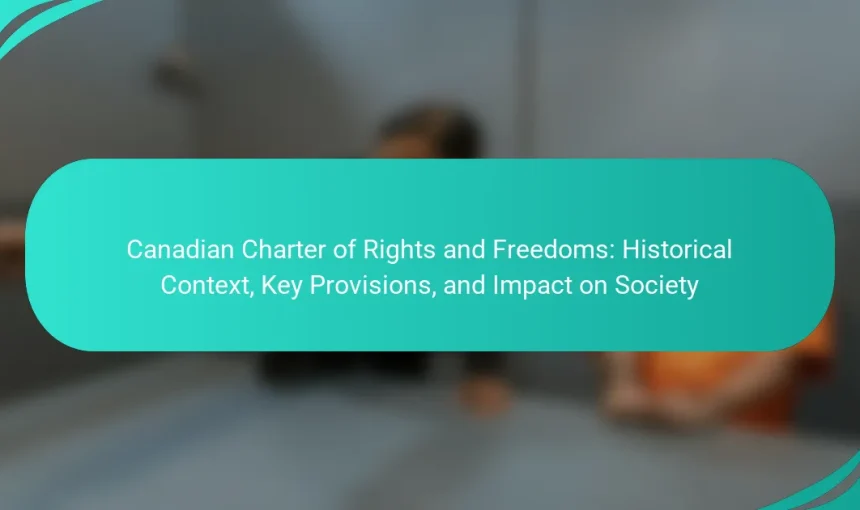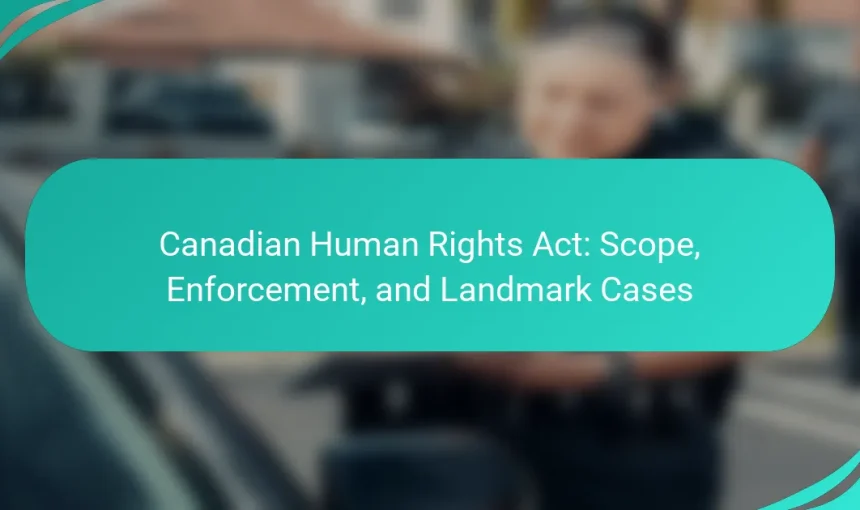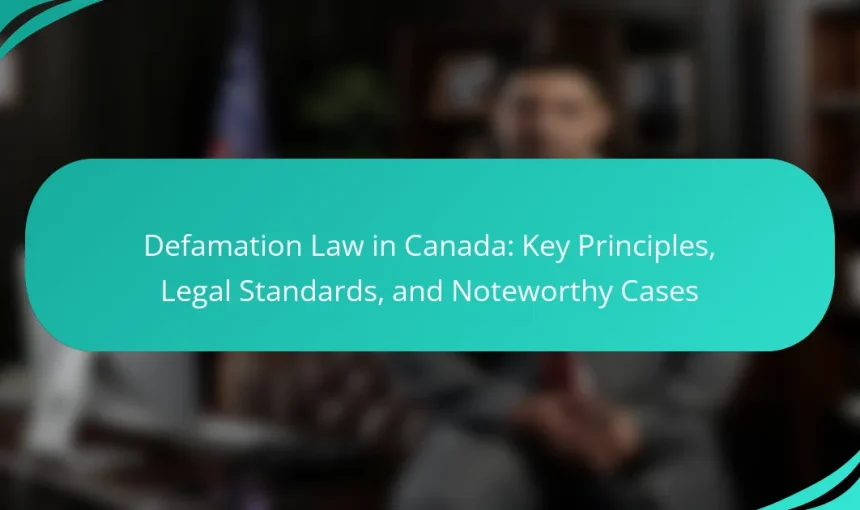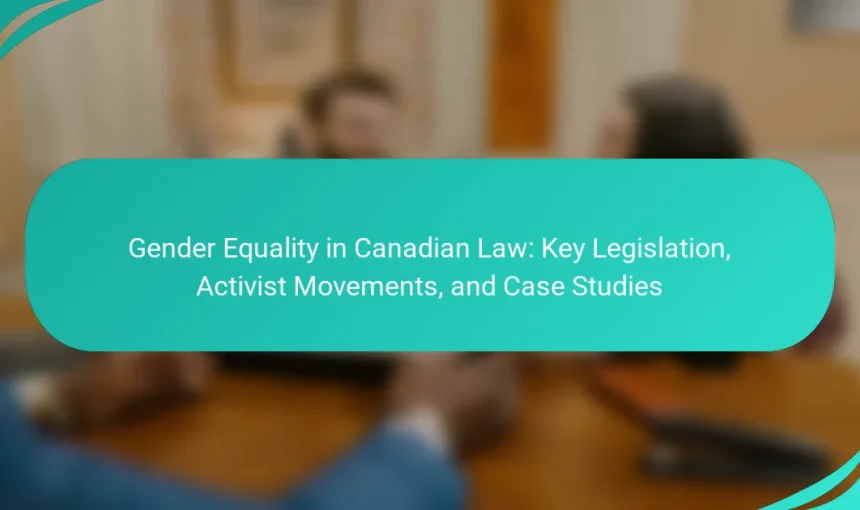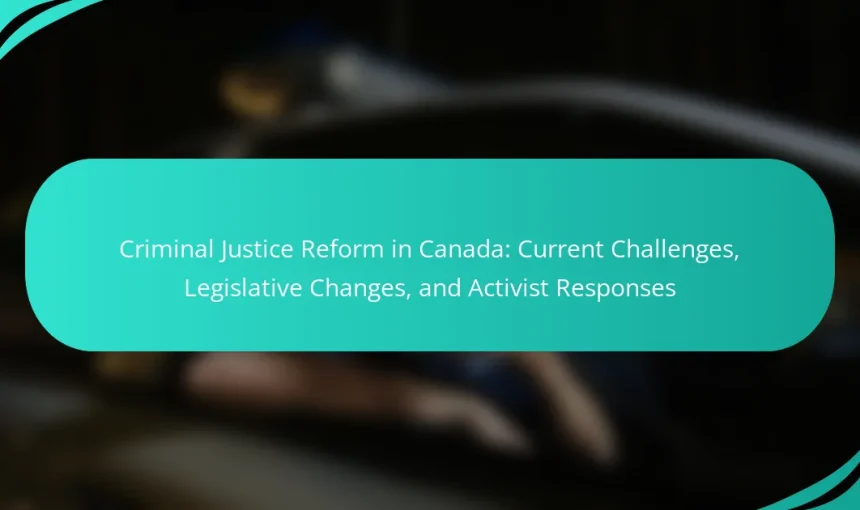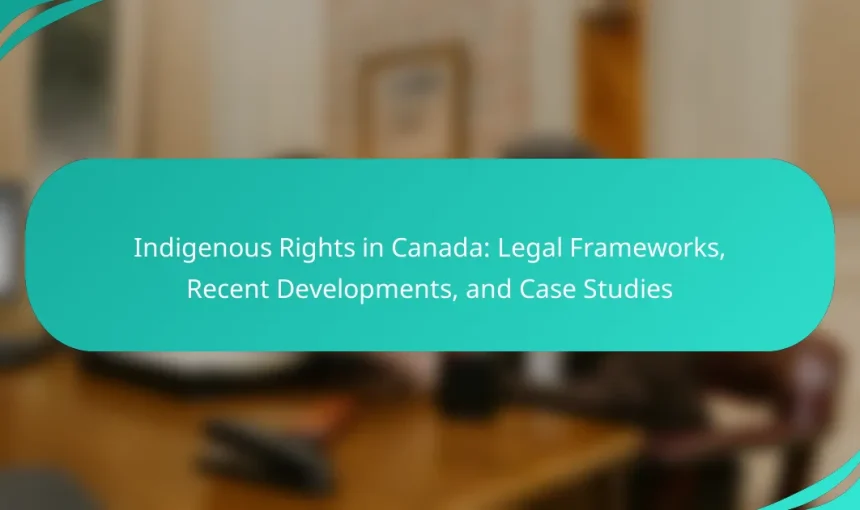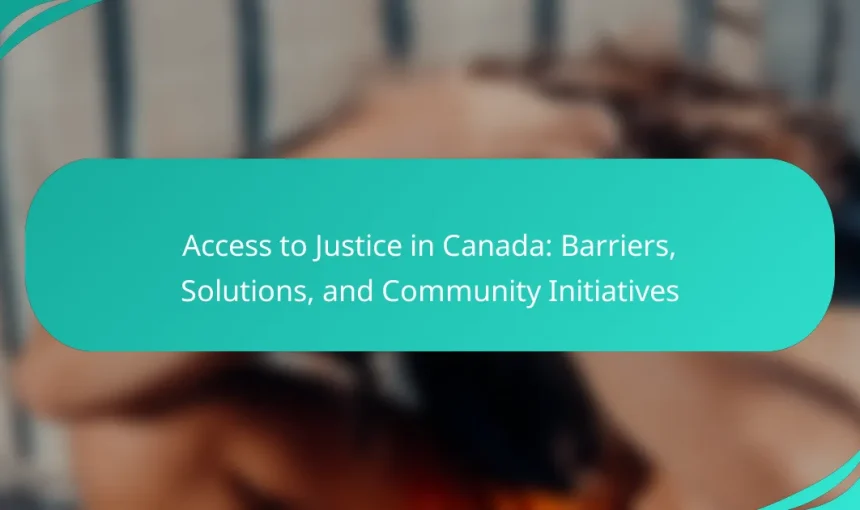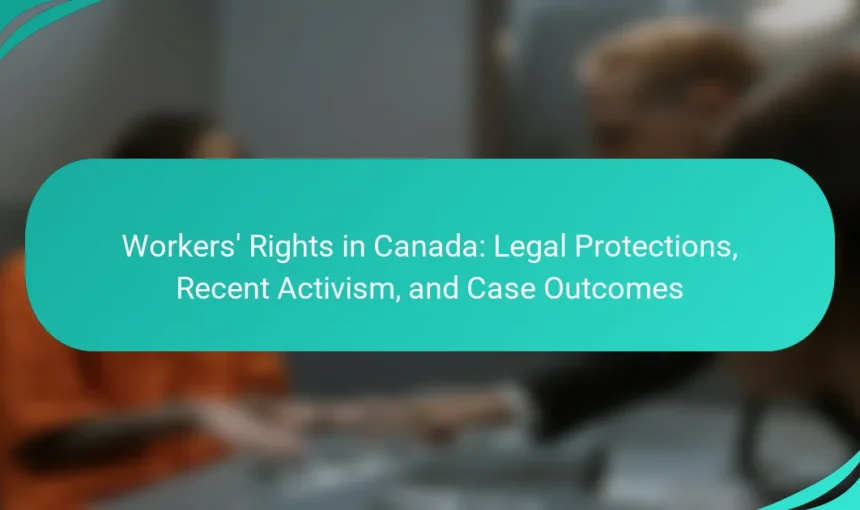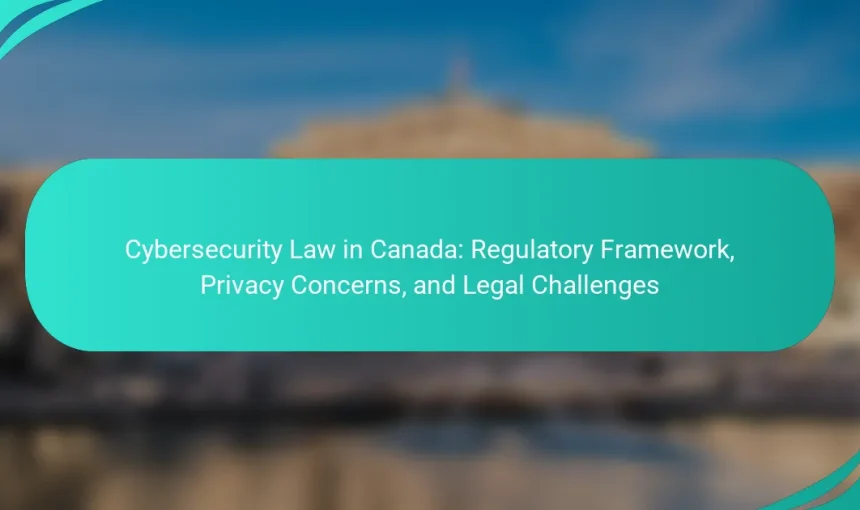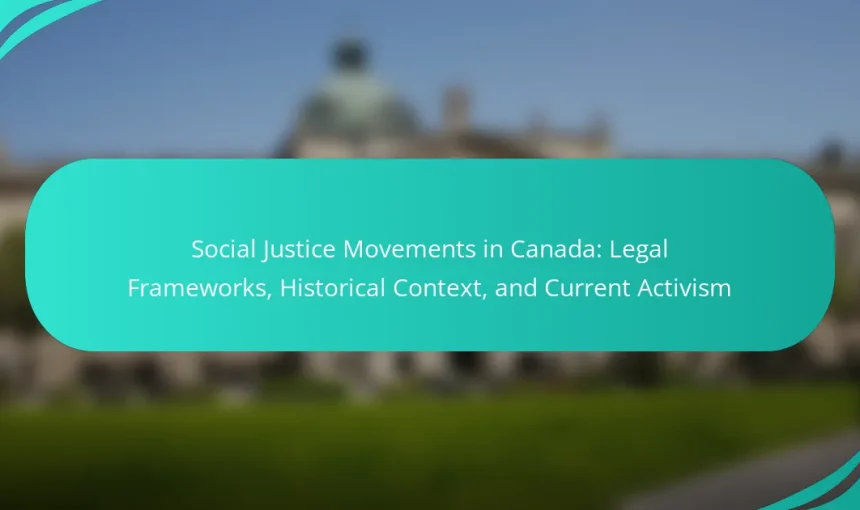What is the Canadian Charter of Rights and Freedoms? The Canadian Charter of Rights and Freedoms is a constitutional document that guarantees fundamental rights and freedoms to all Canadians. It was enacted in 1982 as part of the Constitution Act. The Charter includes rights such as freedom of expression, freedom of assembly, and the right […]
What is the Canadian Human Rights Act? The Canadian Human Rights Act is a federal law enacted in 1977. It aims to protect individuals from discrimination based on specific grounds. These grounds include race, gender, age, and disability. The Act establishes the Canadian Human Rights Commission. This commission investigates complaints and promotes awareness of human […]
What is Defamation Law in Canada? Defamation law in Canada addresses false statements that harm an individual’s reputation. It protects individuals from slander, which is spoken defamation, and libel, which is written defamation. The law requires the plaintiff to prove that the statement was made, it was false, and it caused harm. Defamation claims must […]
What is Gender Equality in Canadian Law? Gender equality in Canadian law refers to the legal framework that ensures equal rights and opportunities for all genders. This principle is enshrined in the Canadian Charter of Rights and Freedoms, which prohibits discrimination based on [censured]. Key legislation includes the Employment Equity Act and the Canadian Human […]
What are the current challenges facing criminal justice reform in Canada? Current challenges facing criminal justice reform in Canada include systemic racism, over-incarceration, and inadequate mental health resources. Systemic racism affects Indigenous and racialized communities disproportionately. The incarceration rate for Indigenous peoples is over five times higher than that of non-Indigenous Canadians. Overcrowded prisons exacerbate […]
What are Indigenous Rights in Canada? Indigenous rights in Canada refer to the legal and inherent rights of Indigenous peoples. These rights are recognized in the Canadian Constitution, specifically Section 35 of the Constitution Act, 1982. This section acknowledges existing Aboriginal and treaty rights. Indigenous rights include the right to self-determination, land claims, and cultural […]
What is Access to Justice in Canada? Access to justice in Canada refers to the ability of individuals to seek and obtain a fair resolution of legal disputes. It encompasses the availability of legal resources, representation, and support for all citizens. Access to justice is essential for upholding the rule of law and ensuring that […]
What are Workers’ Rights in Canada? Workers’ rights in Canada include the right to fair wages, safe working conditions, and freedom from discrimination. These rights are protected under various federal and provincial laws. The Canada Labour Code outlines minimum standards for employment, including hours of work and overtime pay. Workers have the right to join […]
What is Cybersecurity Law in Canada? Cybersecurity law in Canada encompasses the legal frameworks and regulations governing the protection of digital information and systems. It includes laws that address data breaches, cybersecurity threats, and privacy concerns. Key legislation includes the Personal Information Protection and Electronic Documents Act (PIPEDA) and the Digital Privacy Act. These laws […]
What are Social Justice Movements in Canada? Social justice movements in Canada are organized efforts aimed at promoting equality and addressing systemic injustices. These movements advocate for various issues, including Indigenous rights, racial equality, gender equality, and environmental justice. Historically, significant movements include the suffragette movement, which fought for women’s voting rights, and the civil […]
